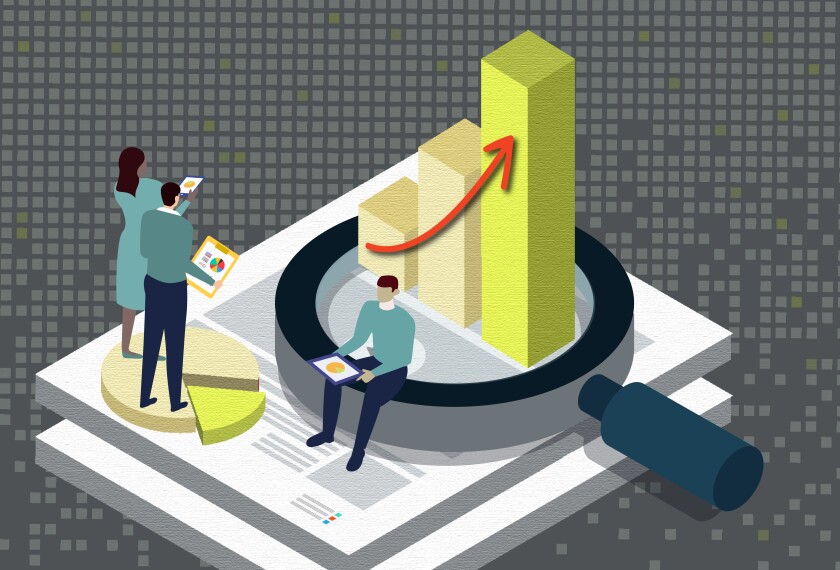As students throughout the nation settle into another school year, it’s time to have a serious discussion about what it takes to develop and sustain great teachers.
While high-quality professional learning is critical to meeting constantly evolving challenges, an overwhelming majority of school systems know very little about what educators learn through professional development, how effectively they use what they learn, and to what extent students benefit. This lack of accountability must end.
If you listen carefully to the educators responsible for conceiving, planning, organizing, and implementing professional development, most of what you hear focuses on process, including process that masquerades as content.
Conversations continue to be dominated by references to speakers, consultants, books, videos, webinars, workshops, courses, conferences, and presentations. But if professional development is as important as many believe it is, education leaders must turn their attention to outcomes.
Many educators assume participation in professional development equals results, and many states mandate such work for educators to renew their certification or advance on the pay scale.
These requirements are based on a state’s belief that the educators’ performances will improve simply because they participate in the in the programs. But most states make no effort to determine the effects of the mandated professional development. Some educators may benefit, but many probably do not. No one knows.
Unfortunately, the misuse of professional development is so widespread that educators accept it as the norm. School systems routinely use valuable professional-development days to disseminate information such as updates on new laws or regulations or instructions on administering standardized tests.
Another misuse occurs when some superintendents and their deputies use professional development as a one-size-fits-all intervention to address pervasive instructional inadequacies among many teachers in multiple schools.
In such cases, the professional development assumes teachers are blank slates with little or no experience who work with a homogeneous student body. It is not surprising that many, either consciously or unconsciously, resist such initiatives or halfheartedly go through the motions of implementation.
When it comes to administering professional development, inefficient program management and lackluster interest hinder teachers seeking to translate their learning into effective classroom practice. The system essentially stops paying attention beyond making sure teachers consume the requisite number of professional-learning hours.
Instead of checking a box, the primary role of professional learning must be to raise the performance levels of teachers and their students. All of a school system’s functions, including professional development, should align to improve teacher effectiveness and student learning. Too often, though, teachers have no stake in or commitment to their professional development, resulting in little or no meaningful impact for them or their students.
To increase the effectiveness of professional development and of the teachers it serves, change is necessary. It is not a matter of getting more money or days for professional development, though both would be helpful. Rather, the change required is to make professional development responsive to the objective learning needs of teachers and their students, needs supported by student- or teacher-performance data.
Change can begin if educators honestly struggle with two questions when they conceive and organize professional development: Will the learning experience increase the productivity of those who engage in it, and, how will we know?
An overwhelming majority of school systems know very little about what educators learn through professional development, how effectively they use what they learn, and to what extent students benefit.
Meaningful change means professional development driven by teachers’ understanding of their students’ learning challenges. Once this understanding is gained, teachers must commit to learning whatever is necessary to address these challenges and to continually refine their skills to increase their students’ performance.
This change is not possible without new expectations and behaviors from the three parties responsible for professional development: administrators who authorize it, educators who organize it, and teachers who engage in it.
Administrators must create and support an operational culture in which continuous professional development for the purpose of increasing student learning is integral to each teacher’s work.
Educators responsible for organizing professional development must create and facilitate learning experiences that teachers value, and that cause teachers to develop and apply new knowledge, skills, and behaviors that will benefit their students.
Teachers must embrace a professional ethic whereby they will actively pursue, engage in, and use learning experiences that will enable them to address their students’ learning needs more effectively.
Where states and school systems embrace and promote these changes, professional development will demonstrate its power to increase teacher effectiveness and student learning.




